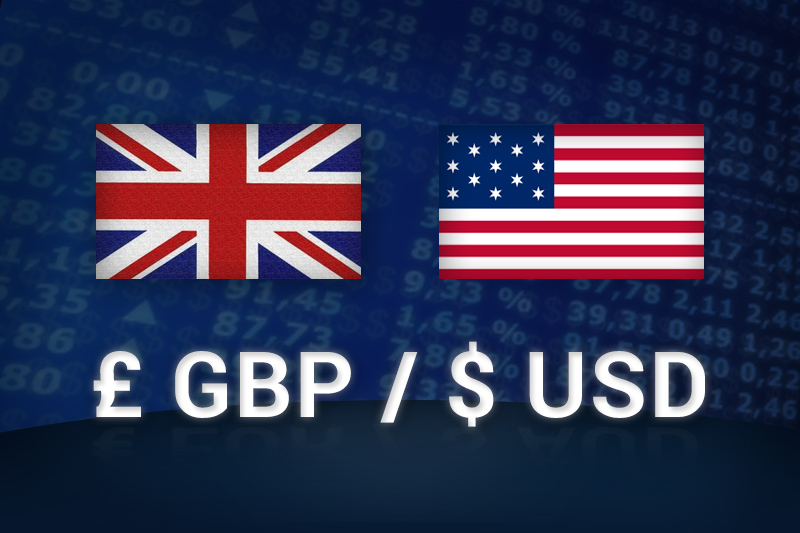Investing.com - The pound extended losses against the U.S. dollar on Tuesday, falling to a two-day low as the release of weaker-than-expected U.K. manufacturing data added to concerns over the outlook for the country’s economy.
GBP/USD hit 1.6192 during European morning trade, the pair’s lowest since Friday; the pair subsequently consolidated at 1.6199, shedding 0.22%.
Cable was likely to find support at 1.6108, the low of April 24 and resistance at 1.6239, the session high.
The Markit manufacturing purchasing managers' index dropped to 50.5 in April from a downwardly revised 51.9 in March, but stayed above the neutral 50.0 mark that separates expansion from contraction.
Analysts had expected the manufacturing PMI to fall to 51.4 last month.
The report said new export orders fell at the fastest rate since May 2009, as a result of sluggish overseas demand.
Factory-gate price inflation reached a seven-month high, even though manufacturers' costs rose at a much slower pace than in March.
The report underlined concerns over the outlook for the U.K. economy, after official data last week showed that the economy entered a recession in the first quarter, although the pound remained supported by diminished expectations for another round of easing by the Bank of England.
Sentiment on the dollar remained soft after U.S. data on Monday showed that manufacturing activity in the Chicago area slowed significantly more-than-expected in April, while a separate report showed that consumer spending slowed last month.
Consumer spending is the single biggest source of U.S. economic growth, accounting for as much as two-thirds of economic activity.
The pound was also lower against the euro, with EUR/GBP adding 0.47% to hit 0.8192.
Later in the day, the Institute for Supply Management was to release a closely watched report on U.S. manufacturing activity.
GBP/USD hit 1.6192 during European morning trade, the pair’s lowest since Friday; the pair subsequently consolidated at 1.6199, shedding 0.22%.
Cable was likely to find support at 1.6108, the low of April 24 and resistance at 1.6239, the session high.
The Markit manufacturing purchasing managers' index dropped to 50.5 in April from a downwardly revised 51.9 in March, but stayed above the neutral 50.0 mark that separates expansion from contraction.
Analysts had expected the manufacturing PMI to fall to 51.4 last month.
The report said new export orders fell at the fastest rate since May 2009, as a result of sluggish overseas demand.
Factory-gate price inflation reached a seven-month high, even though manufacturers' costs rose at a much slower pace than in March.
The report underlined concerns over the outlook for the U.K. economy, after official data last week showed that the economy entered a recession in the first quarter, although the pound remained supported by diminished expectations for another round of easing by the Bank of England.
Sentiment on the dollar remained soft after U.S. data on Monday showed that manufacturing activity in the Chicago area slowed significantly more-than-expected in April, while a separate report showed that consumer spending slowed last month.
Consumer spending is the single biggest source of U.S. economic growth, accounting for as much as two-thirds of economic activity.
The pound was also lower against the euro, with EUR/GBP adding 0.47% to hit 0.8192.
Later in the day, the Institute for Supply Management was to release a closely watched report on U.S. manufacturing activity.
